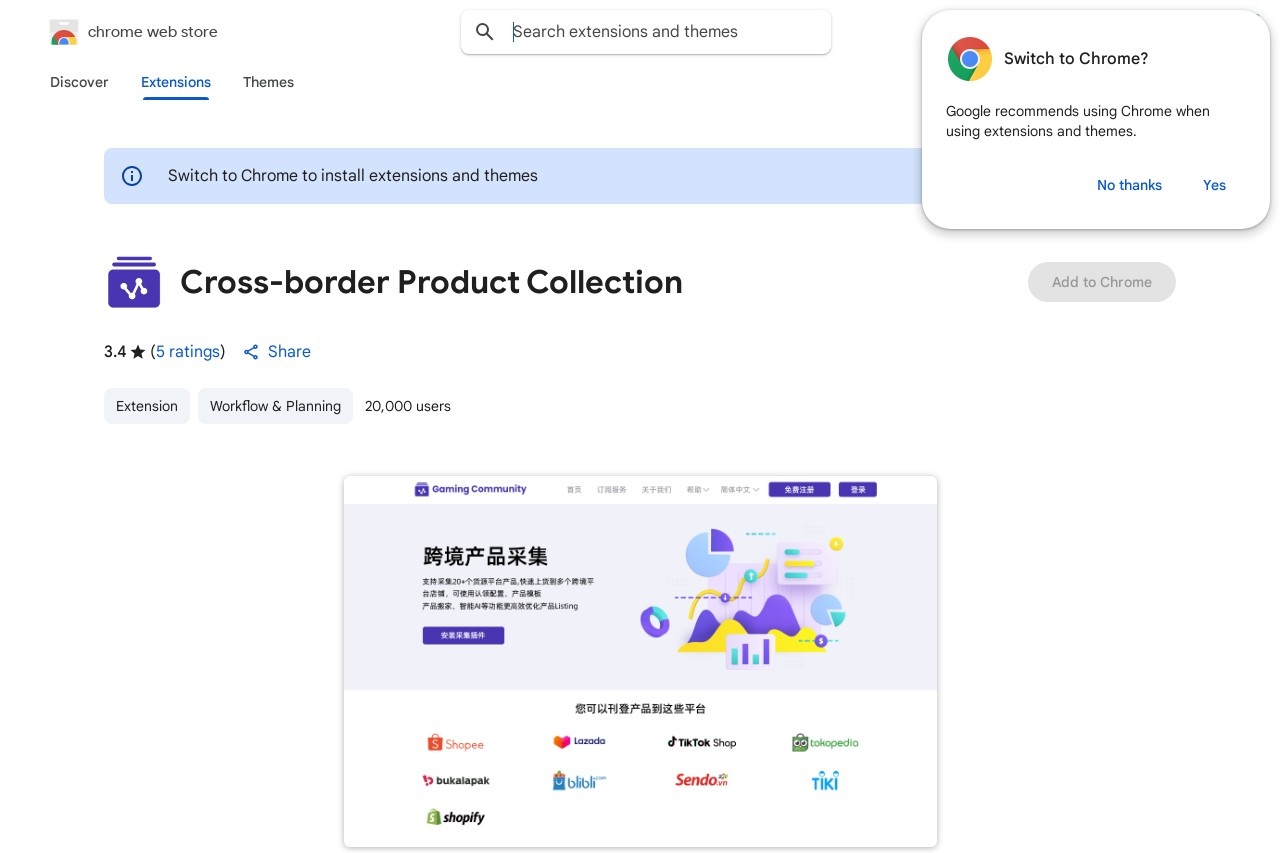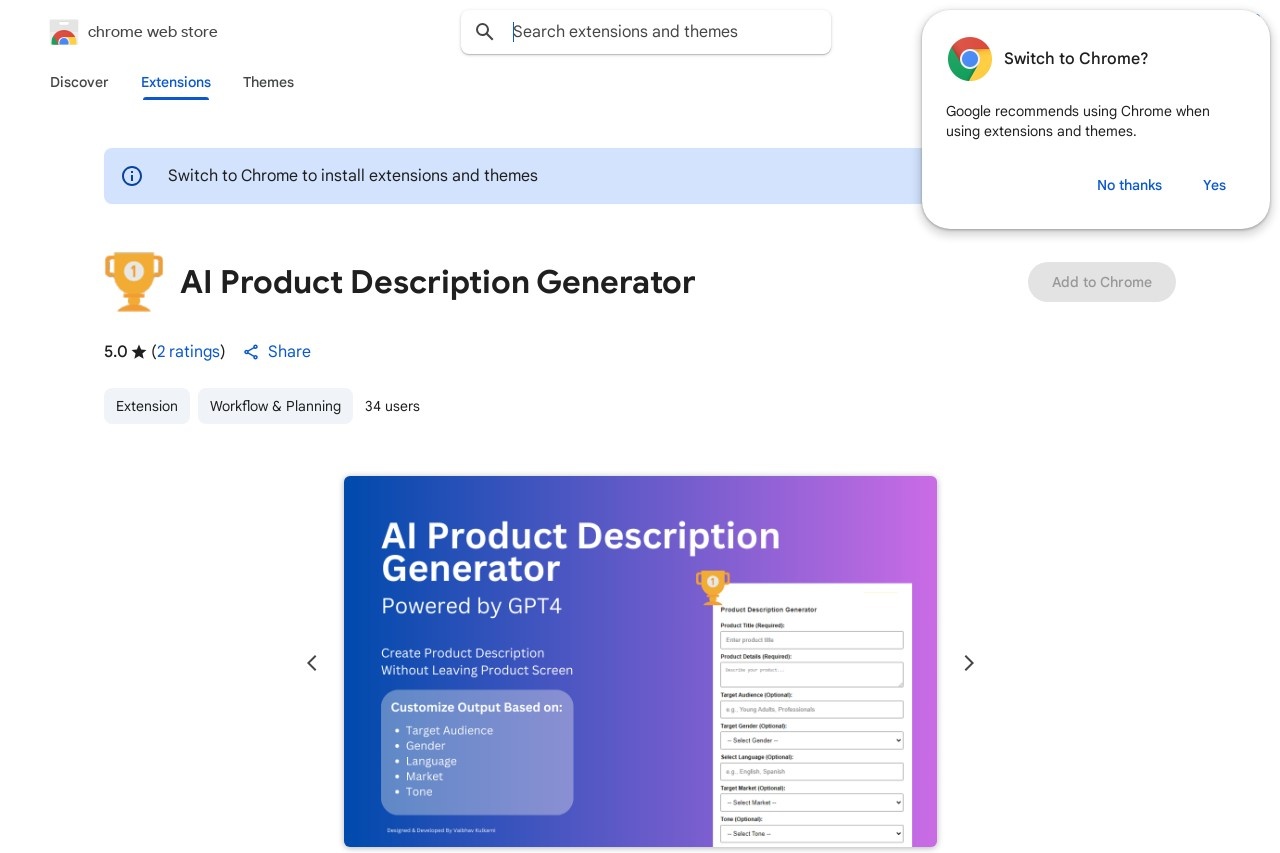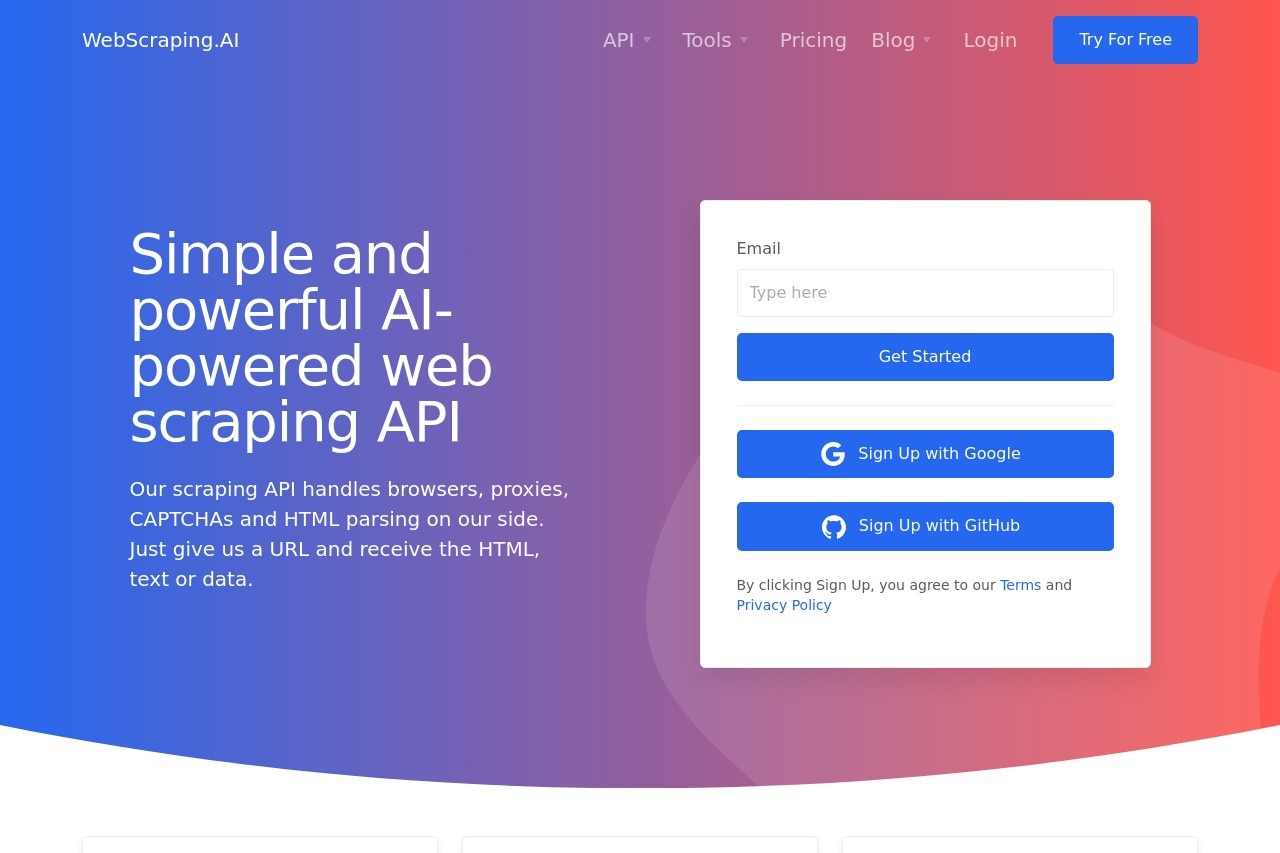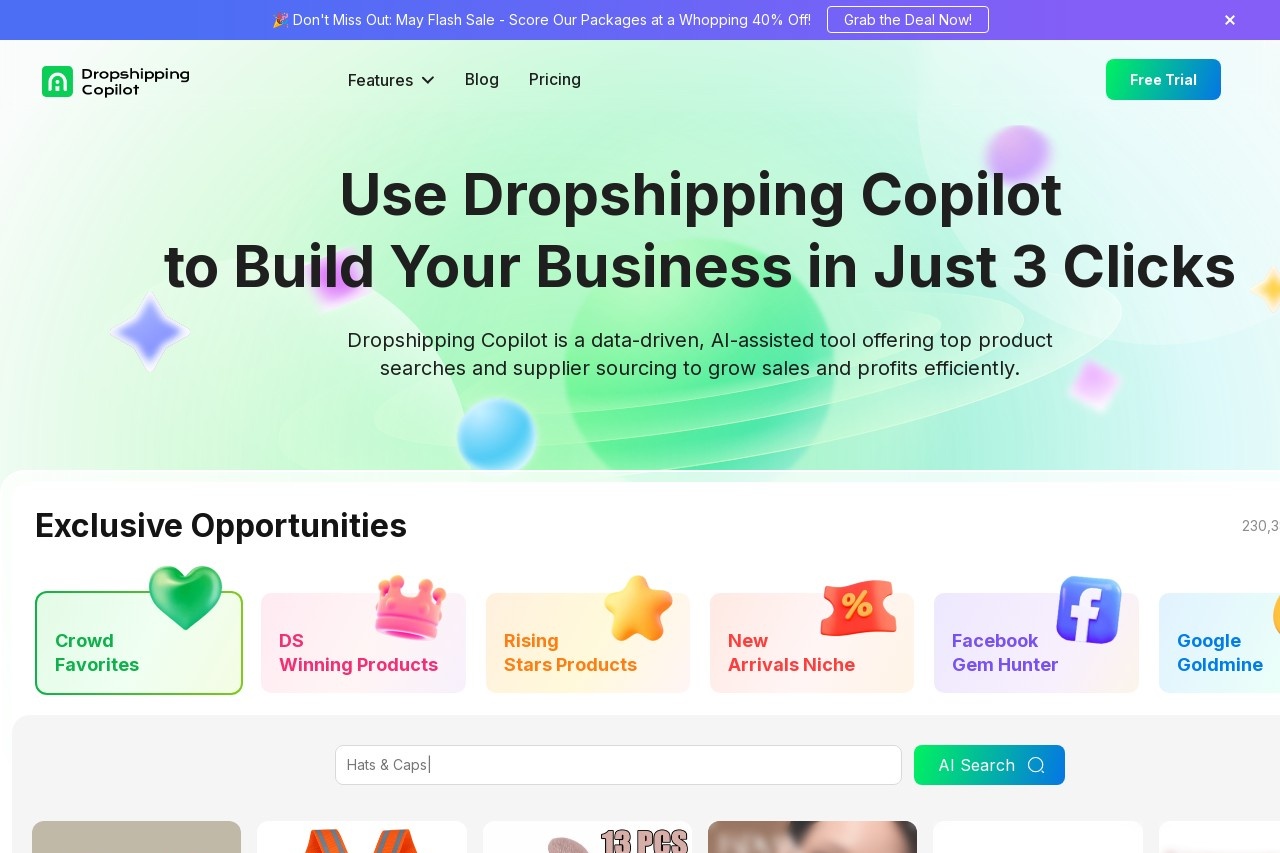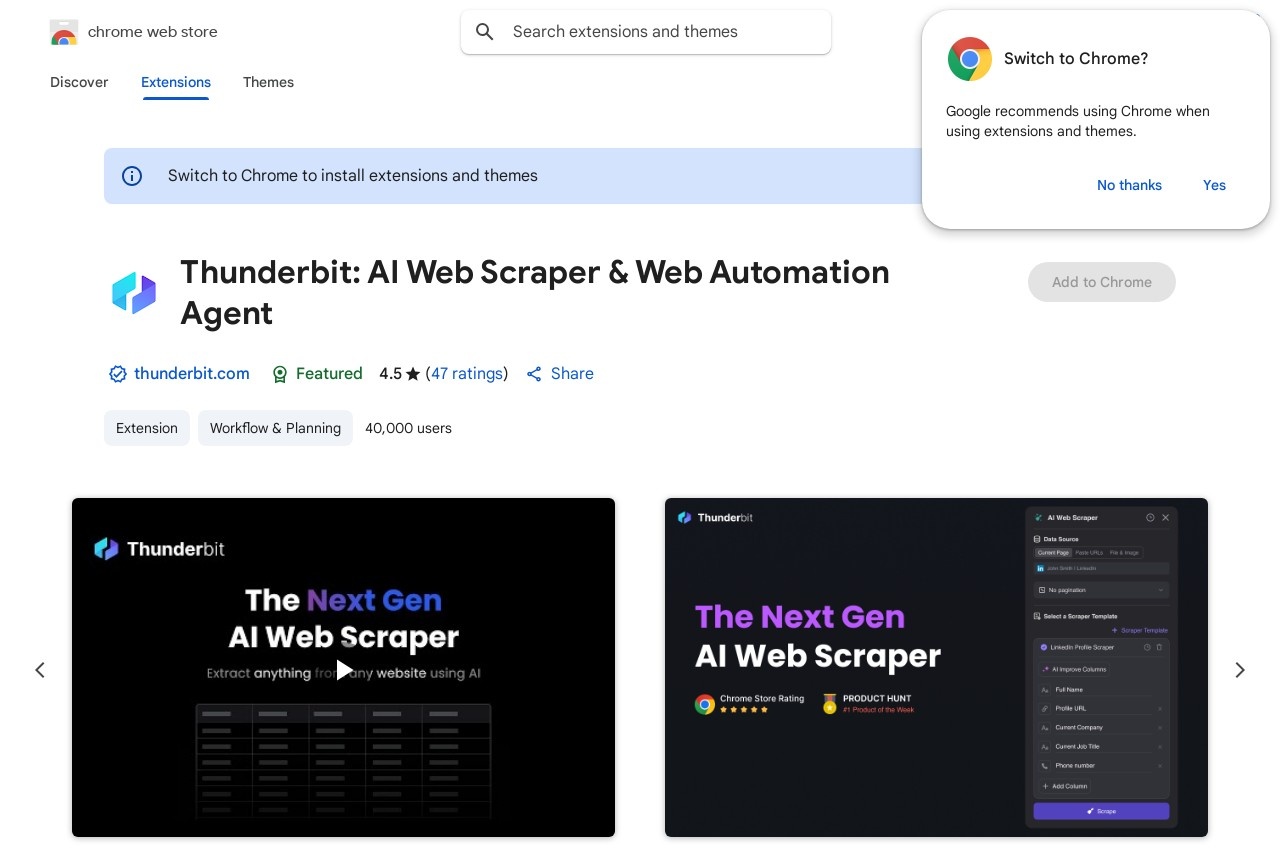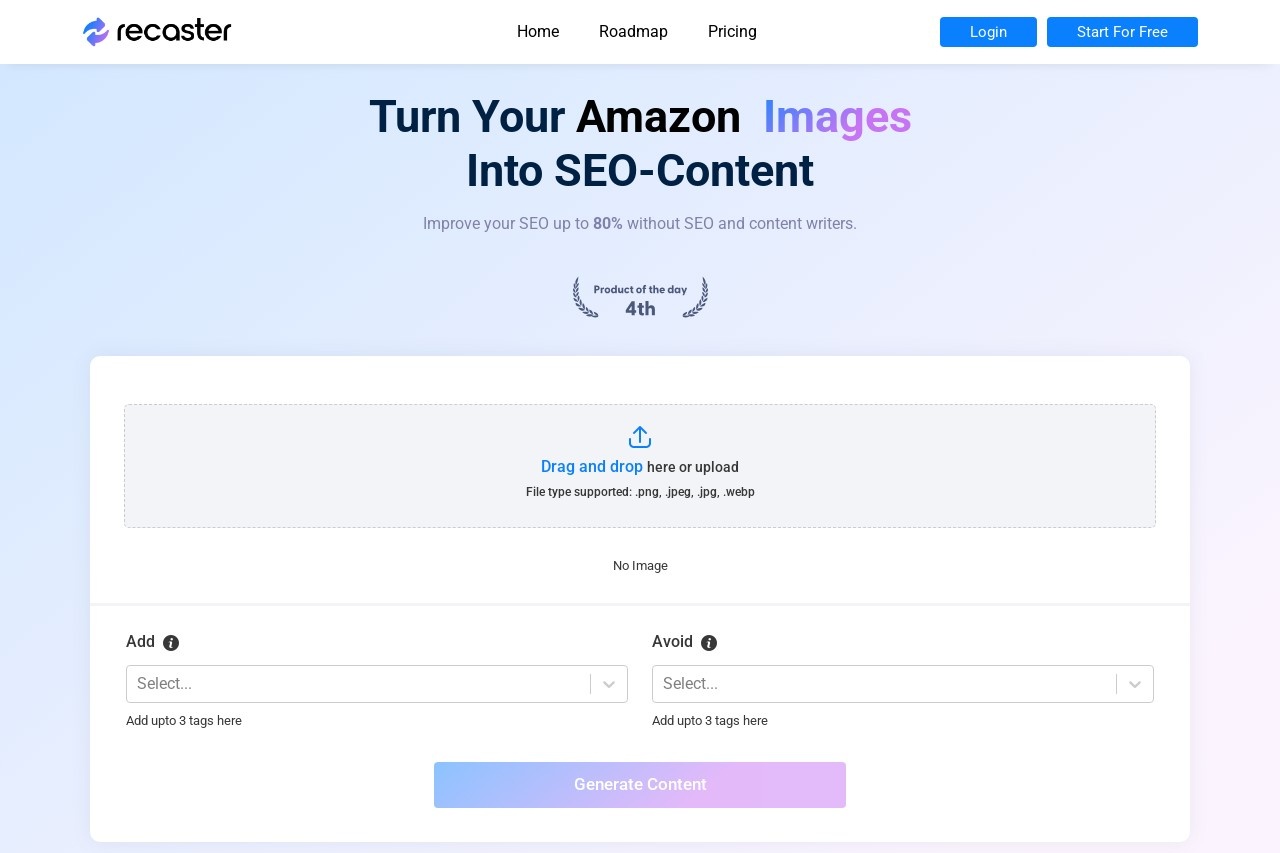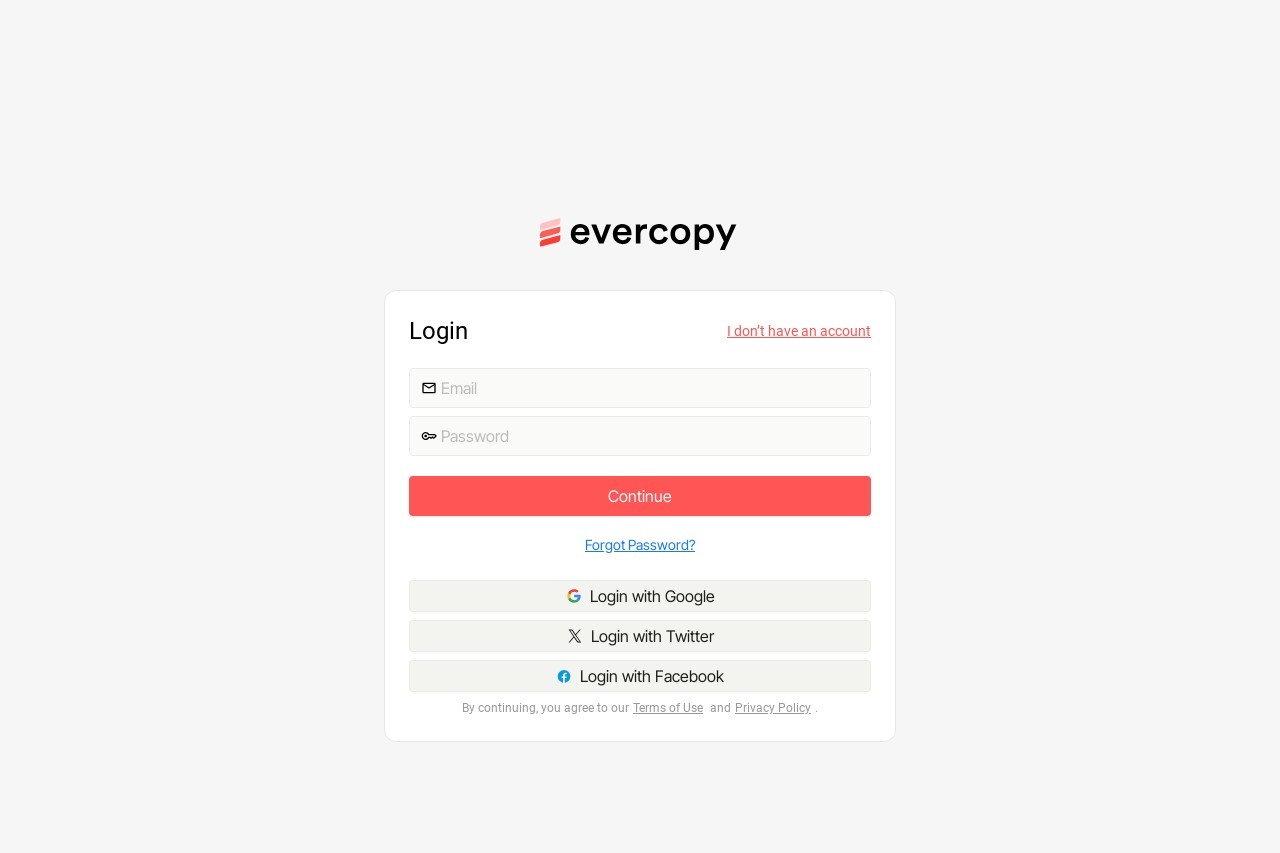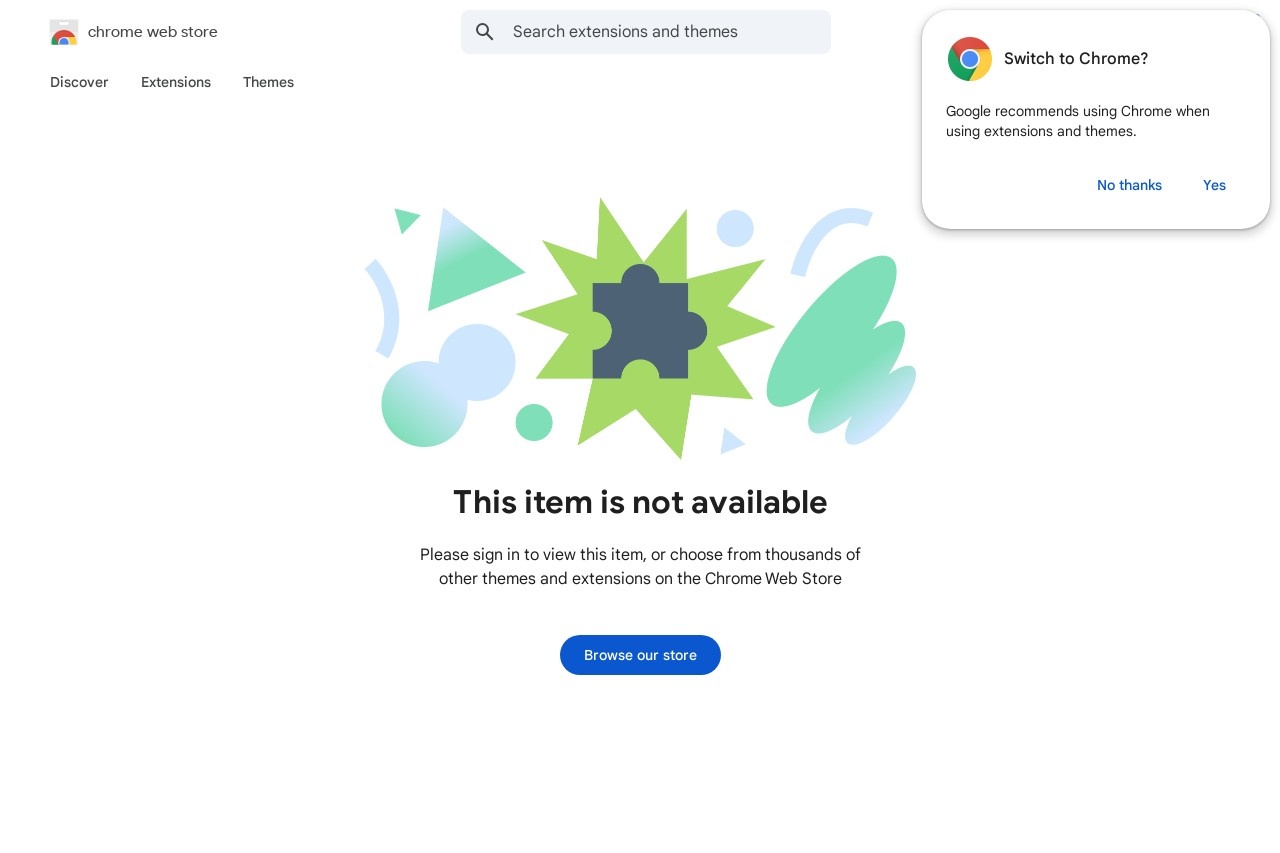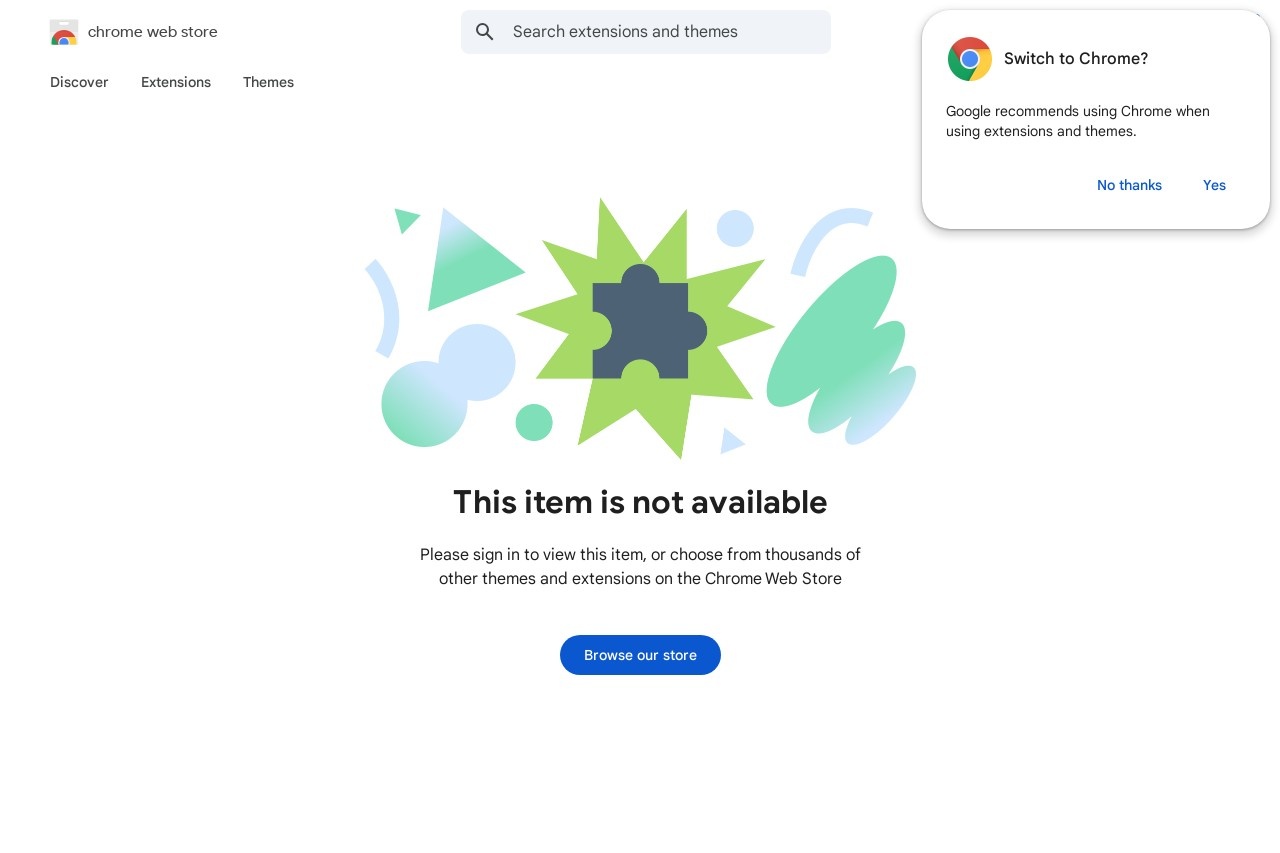Cross-border Product Collection
Cross-border Product Collection
Cross-border product collection is the process of scraping product data from various online marketplaces and distributing it to multiple e-commerce stores. This technique enables businesses to expand their product offerings without manual data entry, saving time and resources.
How It Works
The process typically involves these steps:
- Identifying target marketplaces (Amazon, eBay, Alibaba, etc.)
- Using web scraping tools to extract product information
- Standardizing data formats for consistency
- Distributing products to different store platforms
- Regularly updating inventory and pricing
Key Benefits
This approach offers several advantages for online retailers:
- Expanded inventory without physical stock
- Reduced operational costs through automation
- Faster time-to-market for new products
- Ability to test products in different markets
- Competitive pricing through marketplace comparisons
Implementation Considerations
When setting up cross-border product collection, businesses should:
- Ensure compliance with marketplace terms of service
- Implement data quality checks to maintain accuracy
- Consider timezone differences for price updates
- Account for currency conversion requirements
- Establish clear product categorization systems
As e-commerce continues to grow globally, cross-border product collection has become an essential strategy for retailers looking to compete in multiple markets efficiently. By leveraging automation and data aggregation, businesses can significantly expand their product catalogs while minimizing operational overhead.

